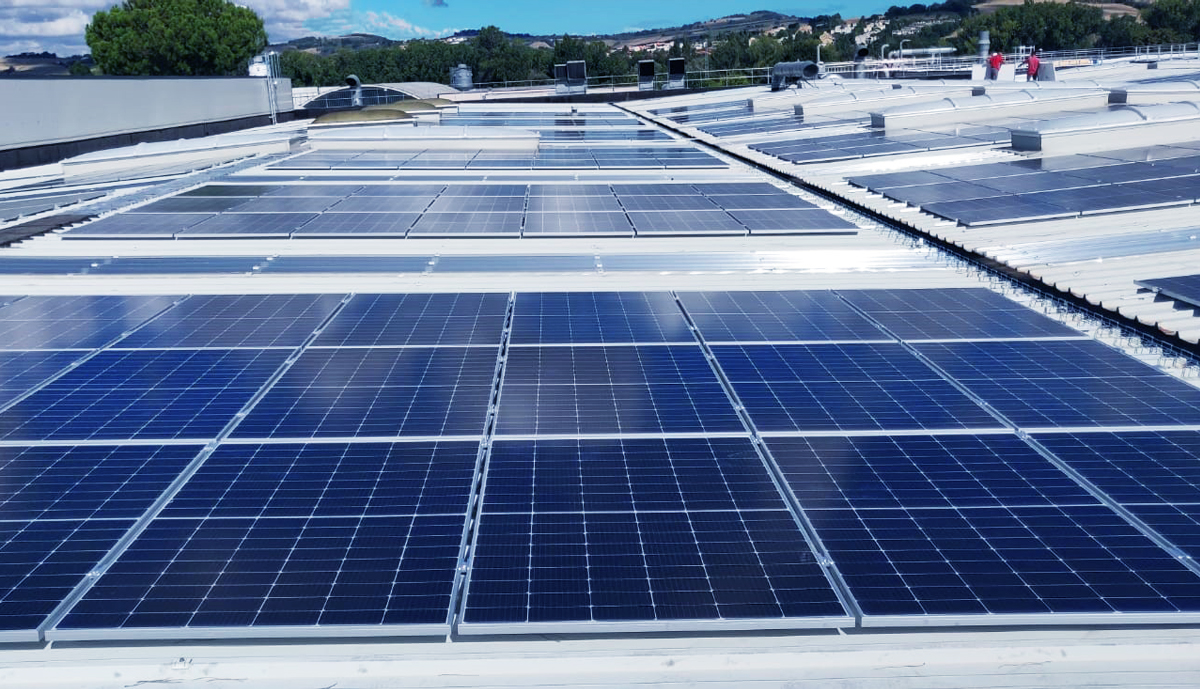Towards the energy transition: Polimor implements its green turn.

Towards the energy transition: Polimor implements its green turn.
The growing interest of individuals and companies in alternative energy sources, particularly solar energy, highlights a great deal of attention to both the theme of energy and that of environmental sustainability.
The photovoltaic system represents a great advantage both in terms of energy saving and in terms of respect for the environment. The goal of the Integrated National Energy and Climate Plan is to produce 51,000 megawatts per year by 2030. To move towards a sustainable future, it is necessary to invest in solar energy as the safest and most compatible with the environment and in line with the Green economy. This is why in Italy many companies such as Polimor have decided to invest in green technologies and products. The energy obtained from the use of photovoltaic systems does not require polluting processes, thus avoiding the production of harmful emissions for the ecosystem, significantly reducing the concentration of carbon dioxide in the atmosphere. The companies have had the opportunity to use large spaces such as roofs, parking lots or abandoned land where they have created their solar parks while redeveloping these areas.
Polimor has also created its solar park by exploiting the entire roof of its buildings by installing a system that will allow it to produce energy and save economic resources while fully respecting the environment. This energy efficiency intervention, which also extends to machines, lighting fixtures and systems, has a strong impact on the environment. The rather large section envisaged the installation of 2000 panels for a total of 4000 square meters of solar roof, an installed power of 820 KWP, with an estimated annual production of 910,000 kW / h capable of satisfying a significant part of the energy needs of the 'agency. All this to contribute significantly to the reduction of CO2 emissions and to implement an important containment of energy costs, considering in fact that this saving in CO2 emissions in 25 years will be 10,000 tons.
As the photovoltaic market increases, the volume of discarded photovoltaic panels to be disposed of will also increase. If the average life cycle of a solar panel is around 30 years, it implies that large amounts of electronic waste will be generated in a few years. At the end of its life cycle this product can be reused as it contains substances that can be reused once separated they can be reused. Photovoltaic recycling is estimated at around 96% but to be recoverable the panels and inverters must be certified in terms of sustainability.
Polimor has included within its solar park only products that meet the sustainable performance criteria based on the life cycle of photovoltaic modules and inverters.